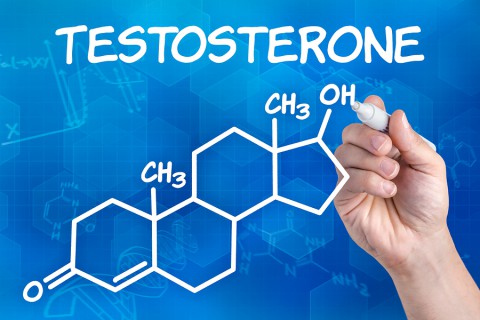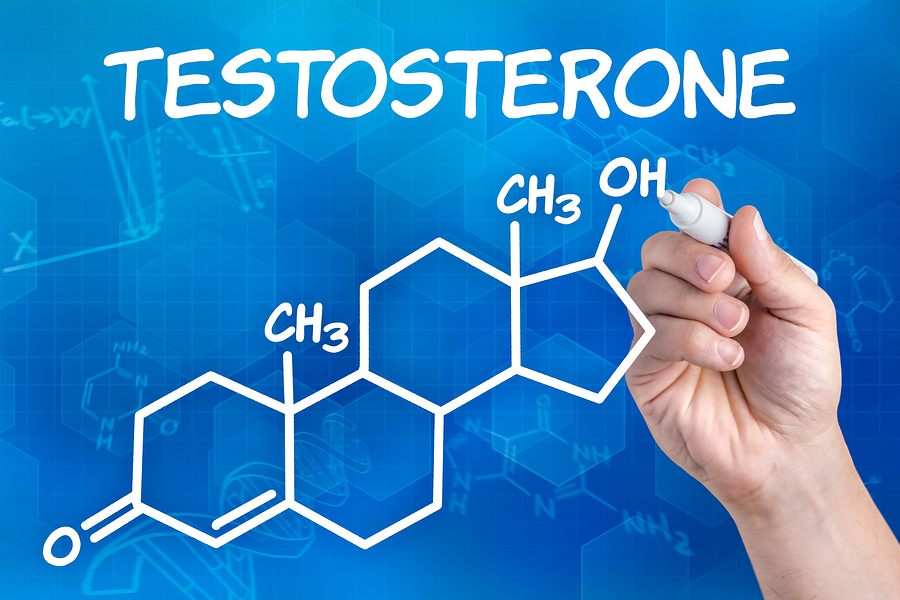 A November 2013 study published in the Journal of the American Medical Association indicates that men who use testosterone injections, patches or gels may be increasing their chances of heart attack or stroke.
A November 2013 study published in the Journal of the American Medical Association indicates that men who use testosterone injections, patches or gels may be increasing their chances of heart attack or stroke.
In the study, male respondents who reported the use of testosterone-enhancing products increased their likelihood of heart attack, stroke or death by about 30%. This group was compared to men of the same age who had low testosterone but chose not to take supplements.
In nearly all cases, the men in both groups had other risk factors for heart attack or stroke.
Though research on this subject is not yet conclusive, the correlation should serve as a point of awareness for health practitioners to discuss with patients before prescribing or recommending testosterone replacement treatments.
In an editorial that accompanied the study, the journal’s associate editor, Dr. Anne Cappola questioned if the potential benefits were worth the possible risks.
In an interview for Bloomberg.com, Cappola, a professor at University of Pennsylvania Perelman School of Medicine, cautioned against believing marketing hype over physician advice.
She explained how some men “think it’s the fountain of youth.”
“The direct marketing of testosterone is playing into that,” Cappola said. “There needs to be that other voice saying there’s no medication out there with all benefit and no risk. There’s always a trade-off.”
As of 2011, the study showed that about 5.3 million men a year were prescribed male hormone replacement. Projections show that the number has continued to grow.
Patients and healthcare providers should exercise caution when considering hormone replacement, especially for those with existing heart conditions.
Scientists are looking at additional studies to determine if testosterone may increase platelet production, which could also create floating blood clots that may cause a heart attack or stroke.









